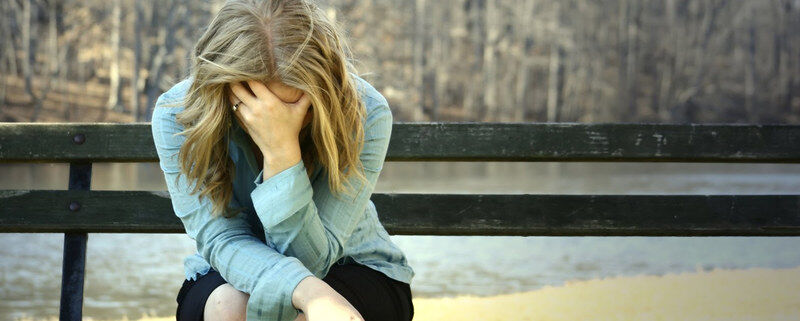Editorial: Is Iowa State prepared for a mental health crisis?
October 11, 2020
On Saturday, the World Health Organization celebrated World Mental Health Day for the 28th time since its inception in 1992. As the end of the year draws closer, we need to continue to raise awareness about the impact of COVID-19 on mental health.
The months since COVID-19 hit the United States have been extraordinarily difficult for students all over the country.
In August, the Centers for Disease Control and Prevention (CDC) released a report showing increases in anxiety, depression and suicidal ideation for young people ages 18-24 since the beginning of the pandemic.
Active Minds surveyed 2,000 students, finding nearly half had experienced financial difficulties due to the COVID-19 pandemic, and close to 80 percent had reported COVID-19 negatively impacted their mental health.
Students in college already experience high levels of stress and anxiety, and the pandemic certainly worsened these problems.
Kelly Davis, director of Peer Advocacy Supports and Services for Mental Health America, is worried about the impact of COVID-19 on students and is anticipating an increase in the number of students requesting mental health resources this fall. “Around October, there tends to be a dip in mental health, and that’s in students who are on campus and not during a pandemic,” she said.
College-aged students are especially vulnerable to mental health issues, and students may find it hard to reach out for help. Iowa State has a number of resources available for students who are struggling.
Aside from their most recent campaigns and resources, such as the Keep Community, Stay Informed, Be Well campaign, Iowa State has Student Counseling Services (SCS).
SCS can be a great resource for students who need to reach out and receive help with anything from relationship problems to depression and anxiety. For the most part, SCS does the best they can with what they have. They offer virtual sessions (up to eight free) and online resources in addition to their normal services.
We have heard criticisms of SCS before; however, the problems SCS have are not because they are doing something wrong.
Now, we understand Iowa State is strapped for cash. This year has forced every college in the country to make tough financial decisions. However, it’s important to acknowledge the mental health issues stemming from the COVID-19 pandemic won’t simply disappear once the pandemic is over. There will most likely be long-term effects on the mental health of students for a variety of reasons.
Iowa State should allocate more staff and more funding to Student Counseling Services in the future, if possible.
The International Accreditation of Counseling Services recommends a ratio of one professional staff to every 1,000 to 1,500 students. This may vary for larger and smaller campuses, with a national average of 1 to 1,600.
There are 14 clinical staff members (excluding trainees) at SCS and a total of 31,825 students attending Iowa State. This means there is only one clinical staff for every 2,273 students.
That ratio doesn’t exactly look good.
This does not mean SCS is incapable of serving the Iowa State community — plenty of people have had a great experience during their sessions. What we want to emphasize is students are struggling, perhaps more than we realize, and the problem is only going to continue.
Are Iowa State and Student Counseling Services prepared to be there for them?
The mental health and well-being of students need to be prioritized now more than ever.
If you or someone you know is in crisis, use the following resources:
- Student Counseling Services crisis intervention: (515-294-5056)
- Disaster Distress Helpline: (1-800-985-5990)
- 24-hour National Suicide Prevention Lifeline: 800-273-TALK (8255)
- 24-hour Crisis Text Line: Text ISU to 741741
- Iowa State University Police Department: (515-294-4428)







